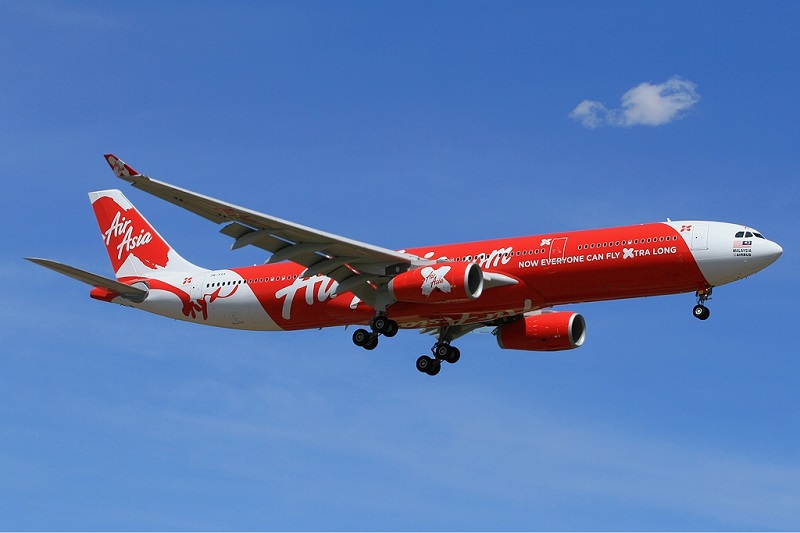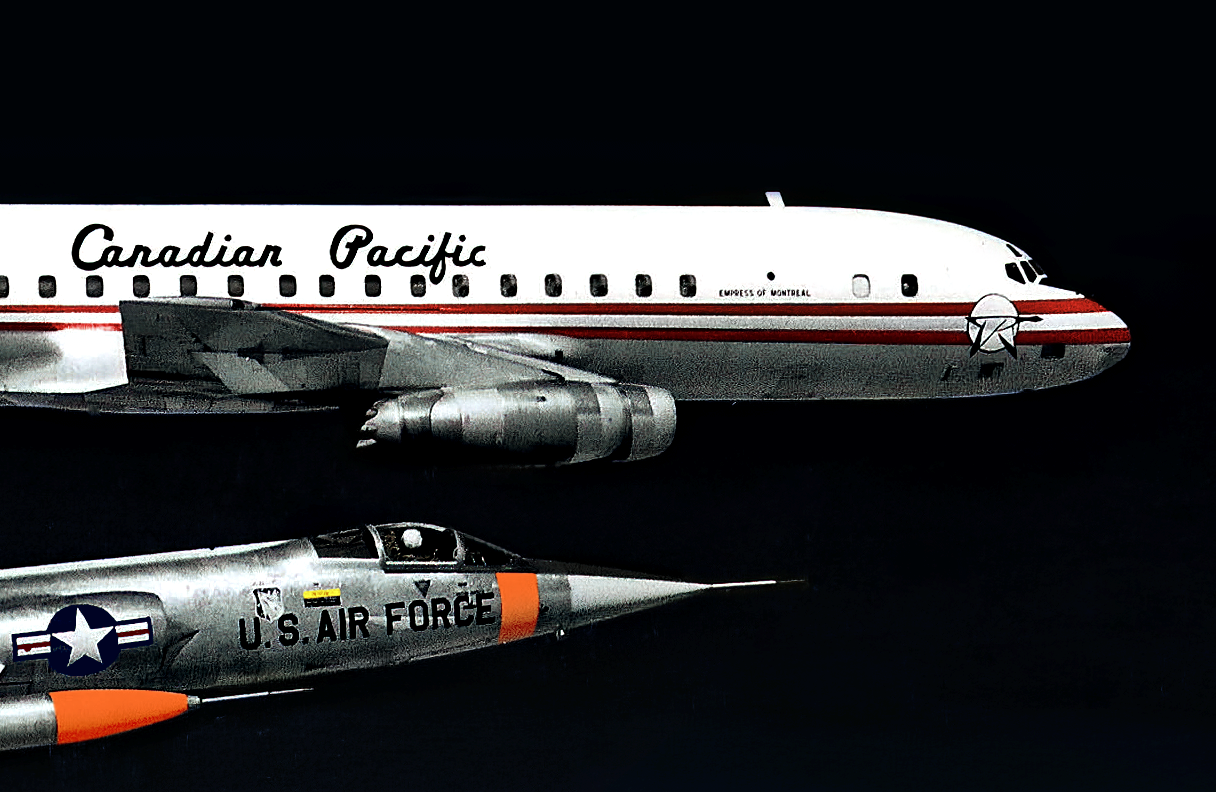Two-month-old baby dies after inflight medical emergency
22 April, 2019
3 min read


A two-month-old baby girl has died after a medical emergency on a flight between Kuala Lumpur and Perth, Australia.
AirAsia confirmed the medical emergency on Flight D7236 Monday morning and authorities in Perth said attempts by paramedics to save the girl were unsuccessful.
Flight crew had already requested medical assistance ahead of the landing at Perth International Airport about 5:35 am.
“Upon arrival, the aircraft was met by a team of medical specialists and the relevant authorities, including the West Australian Police,’’ An AirAsia spokesman said.
“We are unable to comment further on the infants' medical situation, however our thoughts are with the infant and family involved.”
West Australian police are not treating the death as suspicious but the flight was delayed by four hours while they investigated.
The airline said it was helping guests with ongoing connections from Kuala Lumpur.
The baby was well past the age at which airlines permit new-borns to fly but rules vary from carrier to carrier.
Some allow babies as little as two days old to travel while others insist on a two-week minimum and may require a letter from a GP that they are fit to fly.
Nonetheless, authorities recommended parents flying with young babies take a number of precautions.
They recommend babies be flown in an approved safety device such as an in-flight cot and parents are advised to avoid taking them to parts of the world with diseases against which they are too young to be vaccinated.
For example, the UK National Health Service says babies younger than six months cannot receive a vaccination against yellow fever because of the risk of developing encephalitis, while babies younger than two months cannot take anti-malaria pills.
Mayo Clinic pediatrician Dr. Jay Hoecker also warns about the need to guard against infectious diseases on a plane with frequent hand-washing or use of a hand-sanitizer as well as avoiding contact with obviously ill travelers.
Another problem for which parents need to be prepared is changing air pressure during a flight and the possibility of ear pain.
“To help equalize the pressure in your baby's ears, offer your baby a breast, bottle or pacifier to suck on during take-off and the initial descent,'' Hoecker says on the clinic's website.
“It might help to try to time your baby's feedings so that he or she is hungry during these times.
“If your baby has had ear surgery or an ear infection in the past two weeks, ask his or her doctor if it's OK to fly.”
The Mayo expert says the lower air pressure generally doesn’t affect breathing in healthy babies but parents of infants born prematurely, with chronic heart or lung problems or respiratory symptoms need to consult a doctor.
Get the latest news and updates straight to your inbox
No spam, no hassle, no fuss, just airline news direct to you.
By joining our newsletter, you agree to our Privacy Policy
Find us on social media
Comments
No comments yet, be the first to write one.

